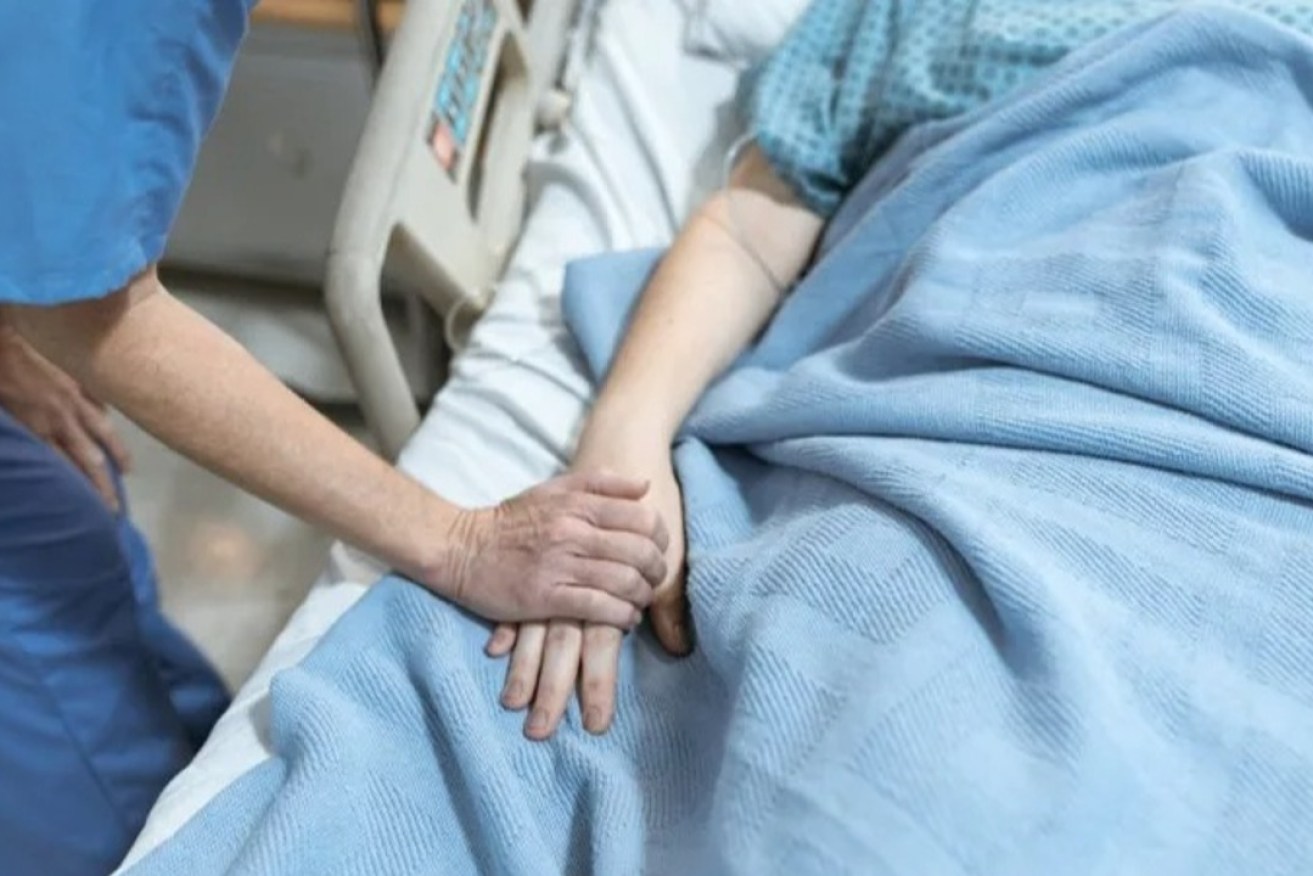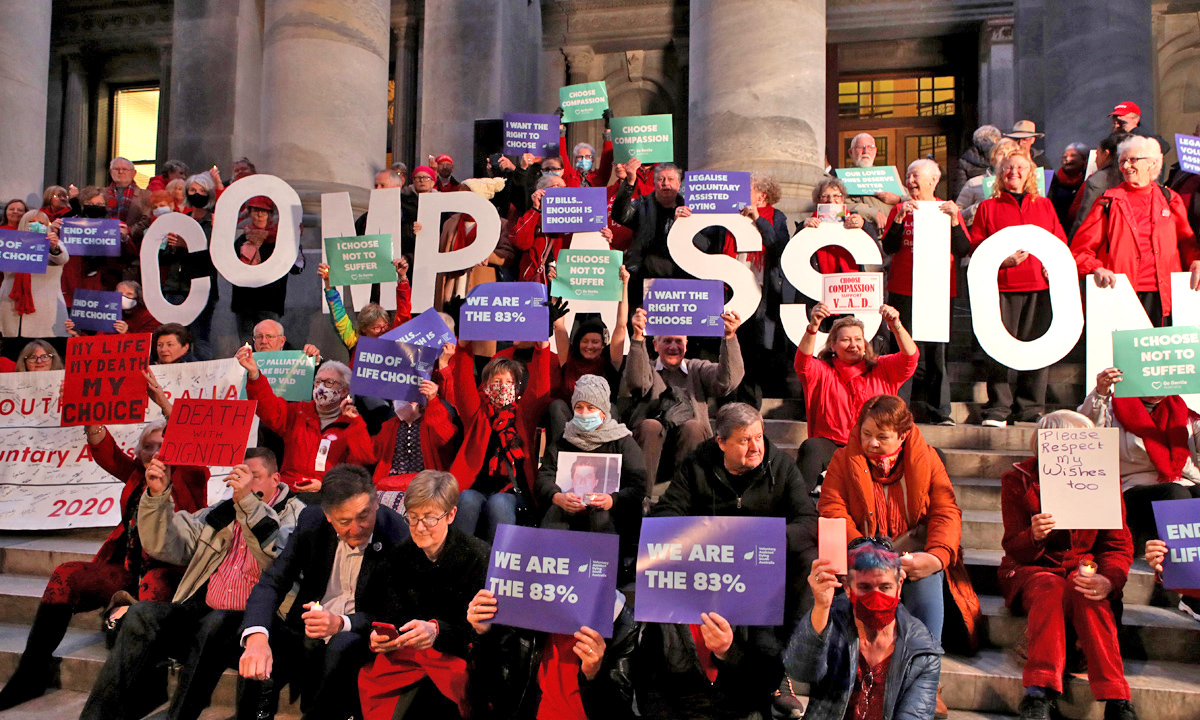‘Deeply concerning’: Alarm over court’s voluntary assisted dying ruling
The state government says a Federal Court ruling that effectively criminalises doctors’ telehealth consultations about voluntary assisted dying must be urgently addressed amid concerns about its impact on terminally ill patients seeking VAD services in regional South Australia.


Photo: Pexels
The Federal Court ruled on Thursday that the definition of voluntary assisted dying (VAD) is the same as suicide under the Commonwealth’s criminal code.
The ruling means doctors who consult about VAD over the phone or email now risk criminal prosecution, given it is illegal under federal law to transmit material via the internet or phone that directly or indirectly counsels or incites committing suicide.
Doctors will still be permitted to provide VAD to patients who meet the criteria under in-person consultations.
VAD came into effect in South Australia on January 31 after landmark legislation passed state parliament in June 2021.
A state government spokesperson said South Australia “has been mindful” of the existing Commonwealth laws since VAD came into effect.
“Due to concerns about these laws, we understand medical practitioners when providing telehealth consultations with respect to VAD are only able to provide limited consultations,” the spokesperson said.
South Australian doctors are not able to, during a telehealth consultation, provide any details or instructions about the administration of or consequences of taking VAD medication, the spokesperson said.
The spokesperson said Thursday’s Federal Court ruling has “reinforced” their concerns about the Commonwealth legislation
“South Australia is of the view that the laws, as they currently stand, are blocking the effective delivery of those services to terminally ill people who wish to end their life, particularly people who live in regional and rural South Australia,” the spokesperson said.
“This is deeply concerning and we urge the Federal Government to act urgently to address the situation.”
As of June 30 this year, 39 terminally ill patients have died in South Australia after choosing to receive a VAD substance.
South Australia’s VAD legislation outlines that a medical practitioner involved in VAD is not taken to have “aided, abetted, counselled or procured the suicide of the other person”.
But SA Health’s information page on VAD acknowledges the Commonwealth’s legislation and says “as a general rule, all discussions that provide information relating specifically to the act of administering a voluntary assisted dying medication… must not be discussed or shared by telephone, fax, email, video conference, internet, and the like”.
Australian Medical Association (SA) president Dr John Williams said the Federal Court ruling “really complicates things” for South Australian doctors consulting on VAD.
“The law really hampers VAD at the moment and all of the states and certainly the AMA would like this legislation changed to fall in line with what the states have done in putting in place VAD,” he said.
“If there’s any kind of hint or concern that doctors might be charged under federal law even though they’re doing things by the book according to the state’s laws… then it would complicate things and hamper the process.
“It does just bring the element of doubt, so there’ll be confusion and it just muddies the water and makes things less clear.”

Supporters of Voluntary Assisted Dying during a candlelight rally on the steps of Parliament House on May 26, 2021. Photo: Kelly Barnes/AAP
Williams, a Port Lincoln GP, said there were parts of the VAD process that can be done via telehealth and other parts that needed to be face-to-face.
Asked if restrictions on telehealth conferences would disadvantage rural patients seeking VAD, Williams said: “Yes, obviously this is an important part of delivery of healthcare to patients in rural (areas).”
“Some parts can be done safely over telephone and video conferencing and some parts can’t be and must be done face to face.
“I think the state legislation around VAD has been very careful about that and supported those parts that need face-to-face and those which can be done by phone or teleconference.”
Thursday’s Federal Court ruling came just two days after New South Wales became the last Australian state to legalise VAD. Federal MP Kate Chaney has already flagged legislation to amend the Commonwealth’s criminal code.
Making the person who is sick, who is terminally ill, and doctors having to travel for no good reason just adds to the angst all round for people.
Voluntary Assisted Dying SA president Frances Coombe, whose advocacy group led the charge for legalising VAD in 2021, said the ruling will cause “great inequity” of services between metropolitan and rural South Australia.
“Making the person who is sick, who is terminally ill, and doctors having to travel for no good reason just adds to the angst all round for people,” she said.
“So, it just doesn’t make any good sense when the person that’s already been diagnosed as being terminally ill – there’s no good reason for it at all. We have telehealth in all manner of medical appointments.”
Sixten terminally ill people in regional South Australia have died after receiving a VAD permit, according to government data.
The application before the Federal Court was brought by Victorian GP and Dying with Dignity board member Nicholas Carr.
Carr asked the court to clarify whether doctors who assisted patients under Victoria’s voluntary assisted dying laws using a carriage service would fall foul of the law.
The federal attorney-general, who was the respondent to the Federal Court application, contended that when the criminal code was introduced in 2005, “commit suicide” referred to the intentional taking of one’s life, regardless of the circumstances in which that occurred.
Federal Court Justice Wendy Abraham ruled on the side of the Commonwealth, stating the definition of assisted dying was consistent with suicide under criminal law in that it is “the intentional taking of one’s own life, and the act of doing so”.
A spokeswoman for federal Attorney-General Mark Dreyfus said he was aware of the judgment and submissions concerning interpretation of the criminal code were made on his behalf.
“The government will consider the court’s judgment,” she said.
-With AAP
Lifeline 13 11 14
Beyondblue 1300 22 4636




